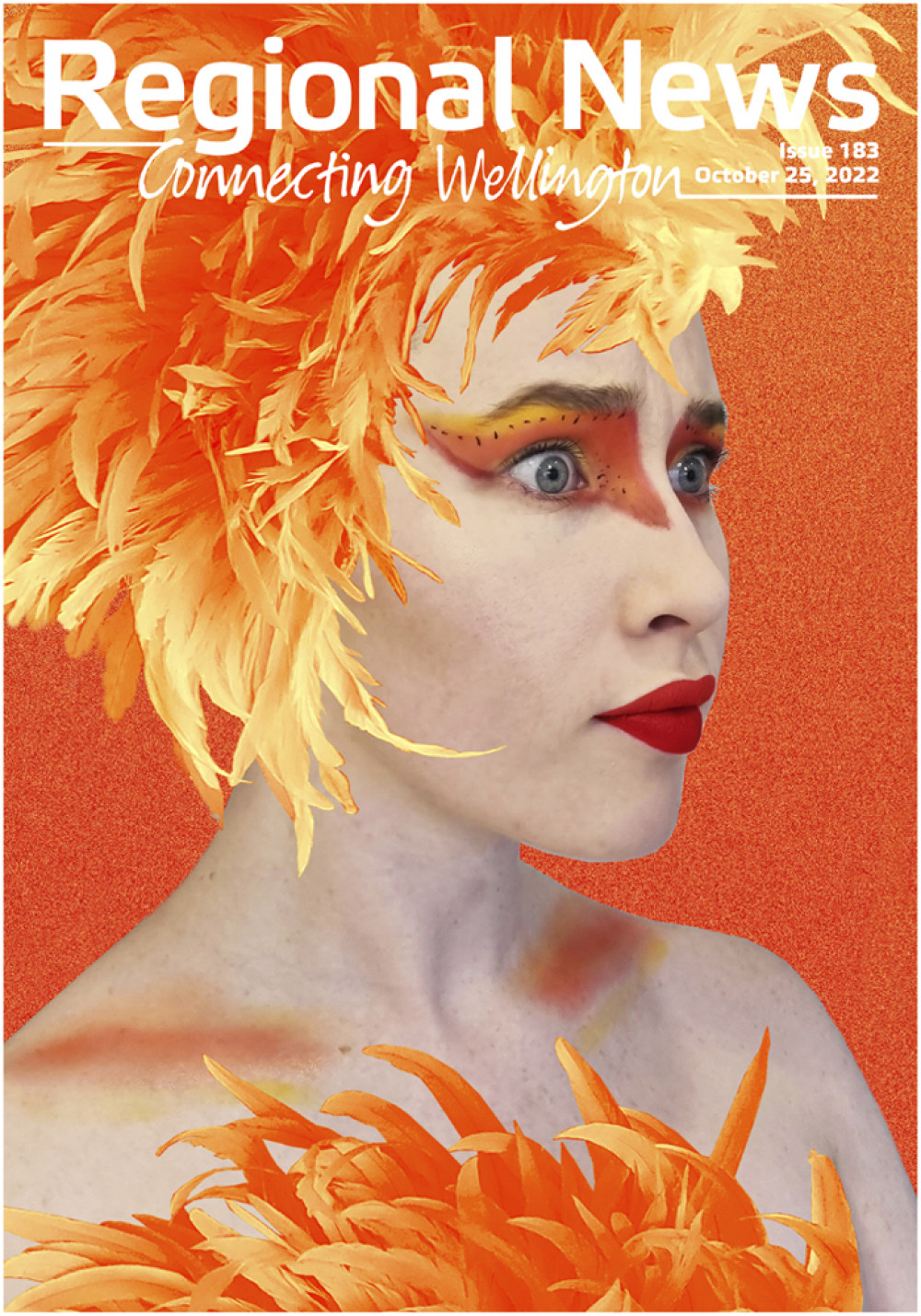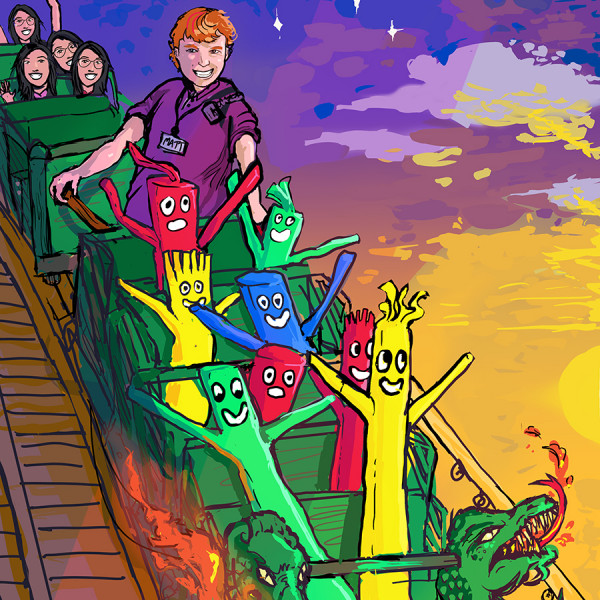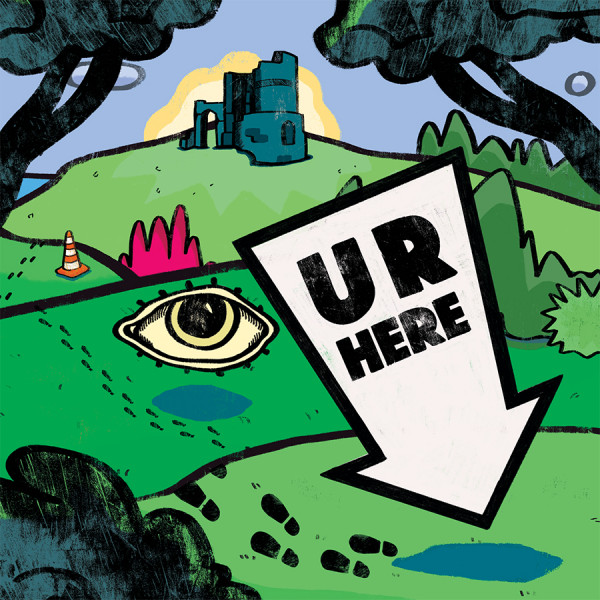
The New Zealand Fringe Festival is an annual arts festival held in Wellington whereby “participants are encouraged to take a creative and artistic risk”. The collaboration between the Other Futures Big Band and Gallery Orchestra, a co-production between Daniel Hayles (conductor) and Leah Thomas (clarinetist) involving over 50 musicians, certainly contained an element of risk!
This was a controlled, melodic cacophony of sound – at times the big band's powerful force blending with the soothing, almost dreamlike orchestral pieces. The hour-long concert consisted of five instrumentals, and four songs each featuring two very popular local guest vocalists, Wallace Gollan and Zoe Moon, both providing very different but assured vocal styles and musical genres.
The first instrumental For Sale demonstrated the excellent sound mix, thanks to sound engineer Marc Freeman, and special mention also to lighting designer Joshua Tucker for the ambient lighting that ensured the audience could see all musicians at all times.
Hayles described the second track as “a spiritual jazz ECM take on Debussy’s The Girl with the Flaxen Hair”. Johnny Lawrence's stunning bass solo had shades of Mingus, and Dave Wilson on sax also featured.
Wallace’s at times scat-like vocals featured on her song Every Stroke, with a beautiful sax solo by Aiden McCulloch. Zoe Moon’s I Like the Rain showcased her powerful vocal range and featured an inspired trombone solo by Kaito Walley. Moon praised Hayles' arrangement of the Nina Simone song Baltimore, which included a soaring trumpet solo by Ben Hunt.
Guitarist Callum Allardice’s original Dark Love, with a fluid George Benson-esque solo, highlighted his compositional and musical talents.
Wallace’s gorgeous vocals on Orchid Care, together with Hikurangi Schaverien-Kaa’s complex, energetic drum solo, were both highlights. Saxophonist and composer Louisa Williamson’s The White Room showcased the considerable talent on display.
The last track, Hayles’ Mark of the Axeman, featured a breathtaking sax solo by Bryn van Vliet and brought the performance to a close. The audience’s ecstatic clapping and cheering showed how successful the collaboration project had been. Full marks to co-producers Thomas and Hayles.





















